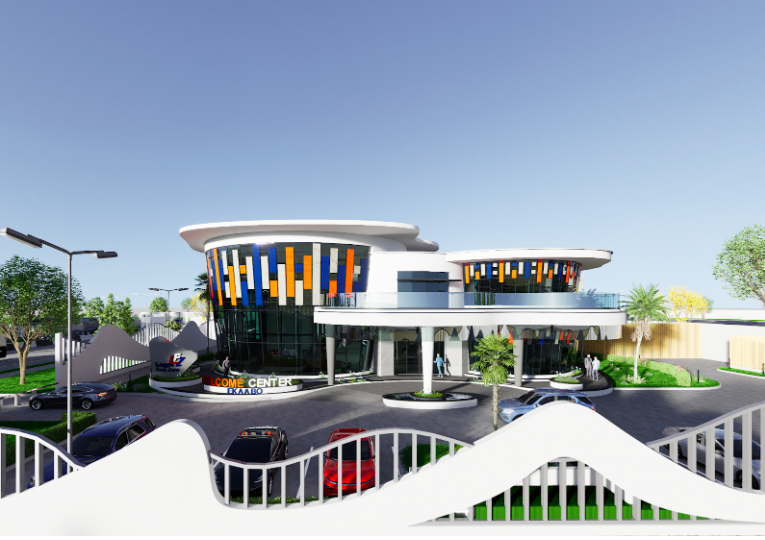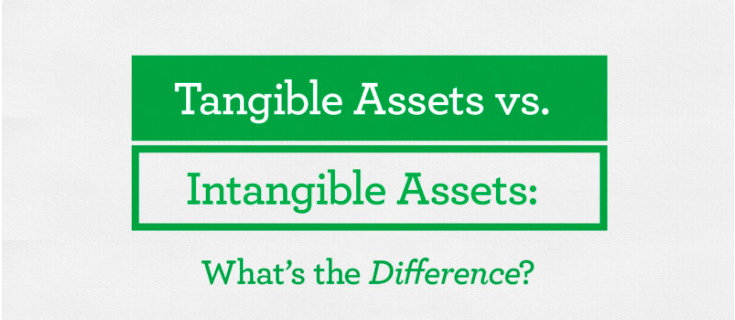
How Infrastructure Development is Transforming Real Estate in Nigeria
Infrastructure development is a key driver of economic growth, and its impact on real estate cannot be overstated. In Nigeria, ongoing and planned infrastructure projects are reshaping the property landscape, creating new opportunities for investors and homeowners alike. From new roads and bridges to airports and smart cities, these developments are not only improving connectivity but also boosting property values. In this article, we’ll explore how infrastructure development is transforming real estate in Nigeria and what it means for you.
1. Improved Connectivity and Accessibility
One of the most significant impacts of infrastructure development is improved connectivity. Projects like the Lagos-Ibadan Expressway, Abuja-Kaduna Railway, and Second Niger Bridge are reducing travel times and making previously remote areas more accessible. This has led to increased demand for properties in these regions, as people can now live farther from city centers without sacrificing convenience.
Example: The completion of the Lekki-Epe Expressway has spurred development in areas like Sangotedo and Ajah, transforming them into thriving residential and commercial hubs.
2. Rising Property Values
Infrastructure projects often lead to a surge in property values, especially in areas directly benefiting from the developments. As new roads, bridges, and public transportation systems are built, previously undervalued neighborhoods become more attractive to buyers and investors.
Example: The ongoing construction of the Eko Atlantic City in Lagos has significantly increased property values in surrounding areas like Victoria Island and Ikoyi.
3. Emergence of New Real Estate Hotspots
Infrastructure development is creating new real estate hotspots across Nigeria. Areas that were once considered peripheral are now prime locations for residential and commercial projects. Investors who identify these emerging markets early can reap substantial rewards.
Example: The development of the Dangote Refinery in Lekki has attracted businesses and investors to the Lekki Free Trade Zone, making it one of the fastest-growing real estate markets in Nigeria.
4. Boost to Commercial Real Estate
Improved infrastructure is also driving growth in the commercial real estate sector. New roads, airports, and seaports make it easier for businesses to transport goods and services, increasing demand for office spaces, warehouses, and retail outlets.
Example: The expansion of the Murtala Muhammed International Airport in Lagos has boosted demand for office spaces and hotels in the surrounding area.
5. Government Initiatives and Public-Private Partnerships
The Nigerian government is actively promoting infrastructure development through initiatives like the National Integrated Infrastructure Master Plan (NIIMP) and public-private partnerships (PPPs). These efforts are attracting foreign investment and accelerating the pace of development.
Example: The Lagos Blue Line Rail Project, a collaboration between the Lagos State Government and private investors, is expected to revolutionize transportation in Lagos and increase property values along its route.
6. Challenges and Considerations
While infrastructure development presents numerous opportunities, it’s important to be aware of potential challenges:
Delays in Project Completion: Some projects face delays due to funding issues or bureaucratic hurdles.
Displacement of Communities: Infrastructure projects can sometimes lead to the displacement of local communities, raising ethical and legal concerns.
Environmental Impact: Large-scale projects may have environmental consequences that need to be addressed.
How to Leverage Infrastructure Development for Real Estate Investment
Research Upcoming Projects: Stay informed about planned infrastructure developments in your target areas.
Invest Early: Identify emerging markets and invest before property prices skyrocket.
Work with Experts: Partner with a reputable real estate firm to navigate the complexities of the market.
Diversify Your Portfolio: Consider investing in both residential and commercial properties to maximize returns.
Final Thoughts
Infrastructure development is a game-changer for the Nigerian real estate market, creating new opportunities for investors and homeowners. By understanding the impact of these projects and making informed decisions, you can capitalize on the growth and secure your financial future. At [Your Company Name], we’re committed to helping you navigate this dynamic market and find the best investment opportunities.
Call-to-Action (CTA):
Ready to explore real estate opportunities in Nigeria’s fastest-growing markets? Contact Bamigbola Consulting today to get started! Our team of experts will guide you every step of the way.

 January 31, 2025
January 31, 2025



